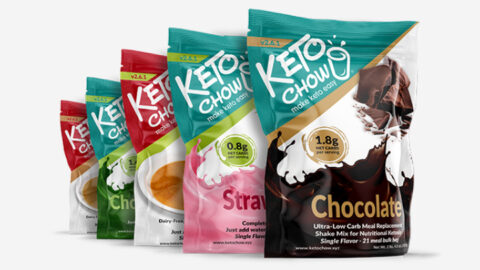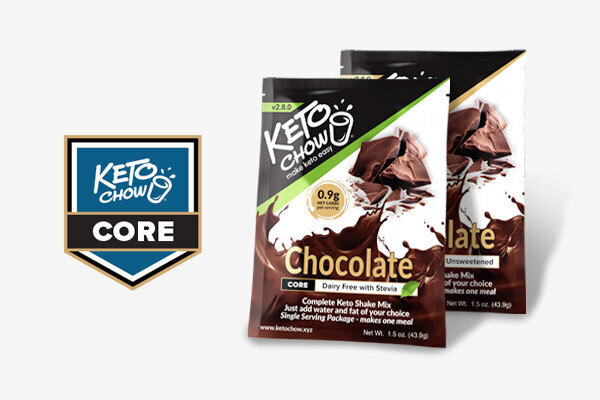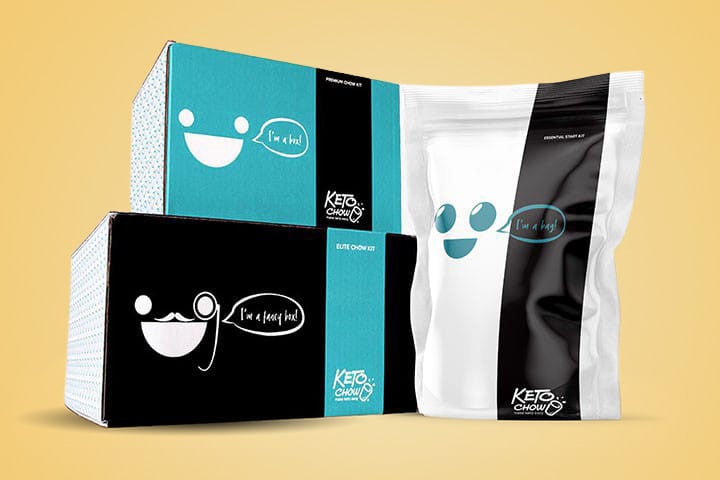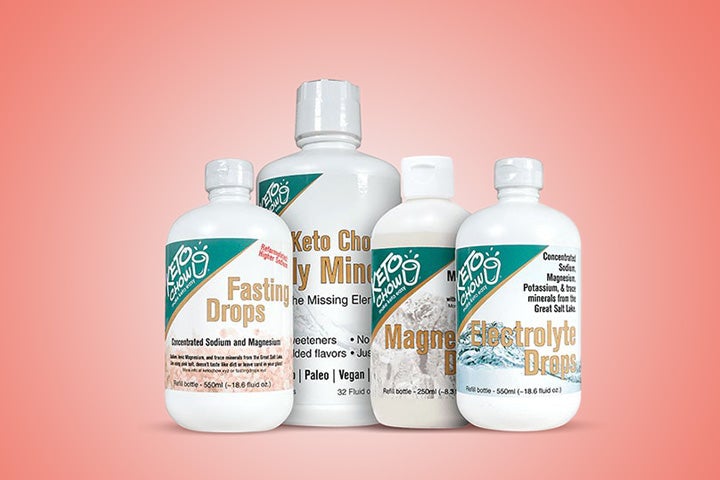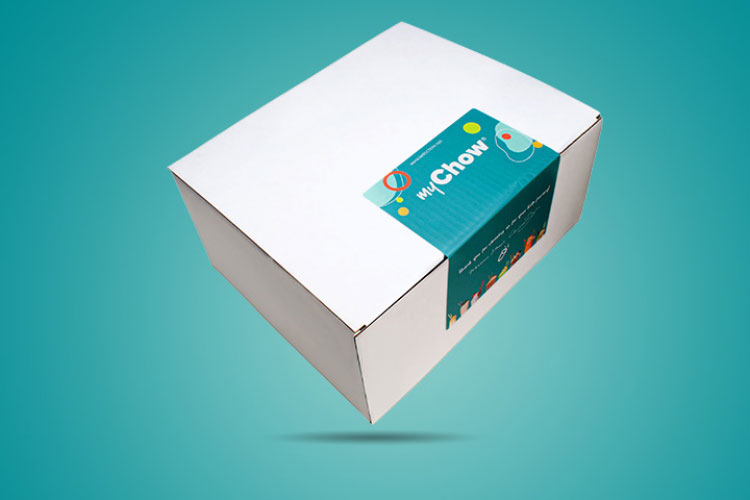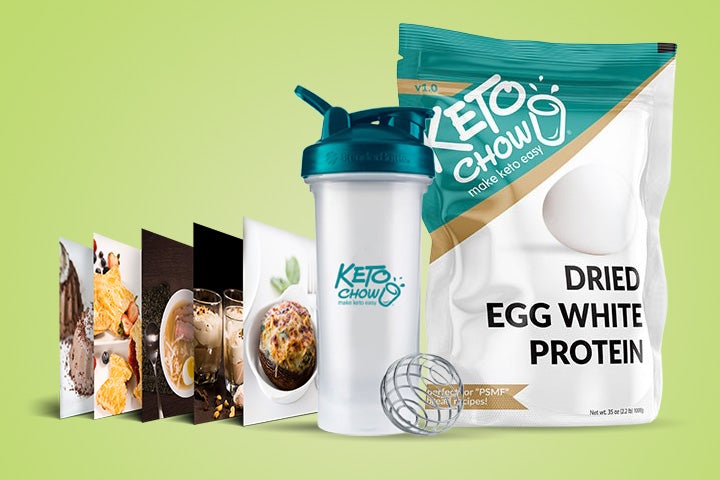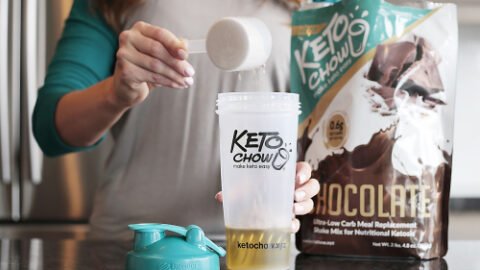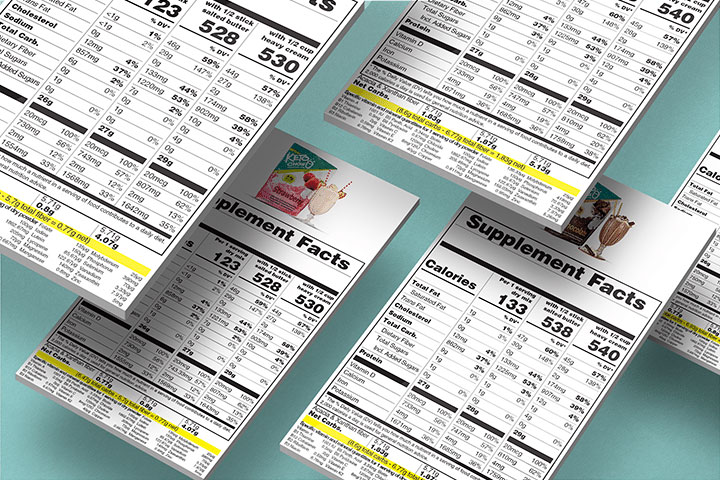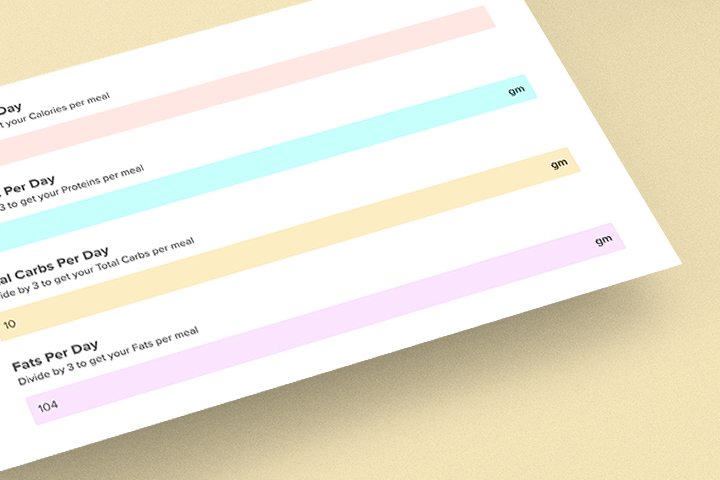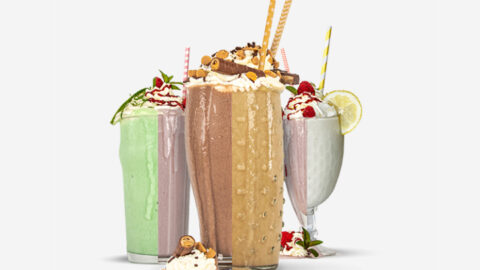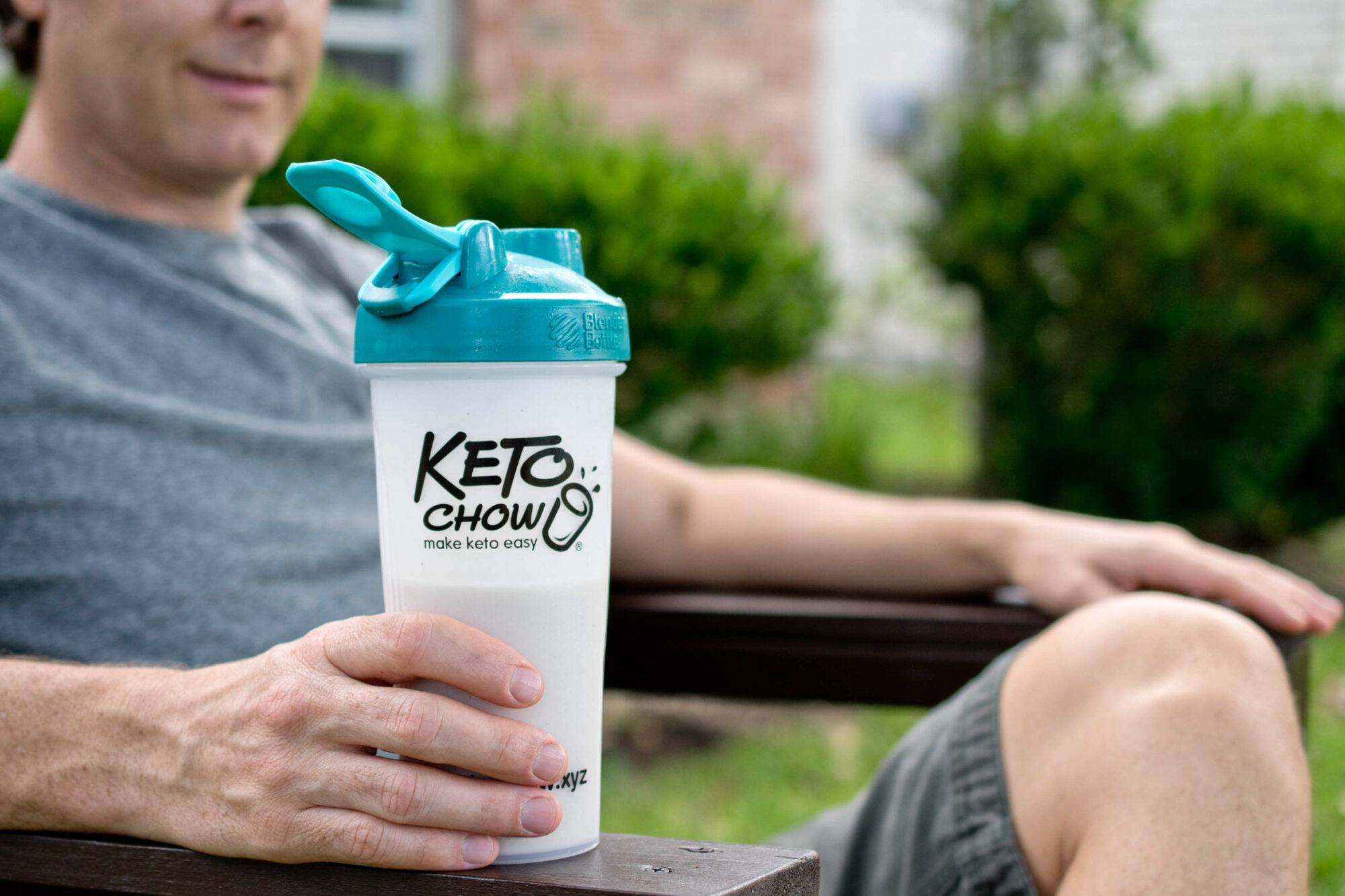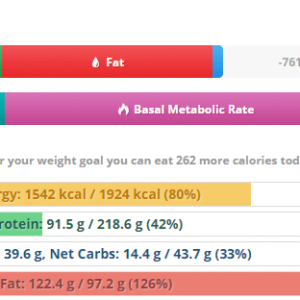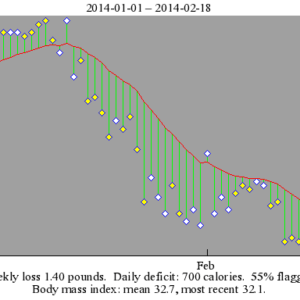They can make keto more enjoyable – which means it’ll be more sustainable for the long term. On the other hand, if keto treats sweetened with sugar alcohols are regular staples in your diet, they can perpetuate sweet cravings and keep you tethered to the need for something sweet.
Let’s face it: following a keto diet can be hard. Some people say goodbye to sweets and never look back, but for others, including sugar-free items can make keto more enjoyable – and when it’s enjoyable, it’s more likely that someone will stick to it. (Plus, if you’ve got a bad case of keto breath, popping some sugar-free gum or mints can make it more enjoyable for other people when you eat keto!)
Sugar alcohols are used in sugar-free foods and products marketed as low-carb or keto-friendly. But are they okay to include in your keto diet or are you better off avoiding them? Let’s take a closer look at sugar alcohols.
What are Sugar Alcohols and Where Do You Find Them?

Sugar alcohols are non-sugar sweeteners that occur naturally in small amounts in certain fruits and vegetables, but most commercially used sugar alcohols are manufactured synthetically. You’ll find them most often in sugar-free foods, especially chocolate and other candies, ice cream, baking mixes, and a few can also be purchased on their own, to use in recipes at home.
You can spot sugar alcohols on food labels when you see the ending “-itol” – erythritol, lactitol, maltitol, mannitol, sorbitol, and xylitol. (The exception is isomalt, which is a mixture of sorbitol and mannitol.) The name “sugar alcohol” is misleading, though. There’s no alcohol in sugar alcohols. The term “alcohol” has to do with the molecular structure of these compounds.
In the US, Food and Drug Administration (FDA) regulations stipulate, “Food manufacturers may voluntarily list the amount in grams (g) per serving of sugar alcohols on the Nutrition Facts label (under Total Carbohydrate). They may also list the name of a specific sugar alcohol if only one is added to the food. But, food manufacturers are required to list sugar alcohols if a statement is made on the package labeling about the health effects of sugar alcohols or sugars.”
To get an idea of how much sugar alcohol is in a product when the grams aren’t specified, remember that ingredients are listed in descending order by weight. That means the closer an ingredient is to the top of the list, the more of that ingredient is in the food.
Why are Sugar Alcohols Used?
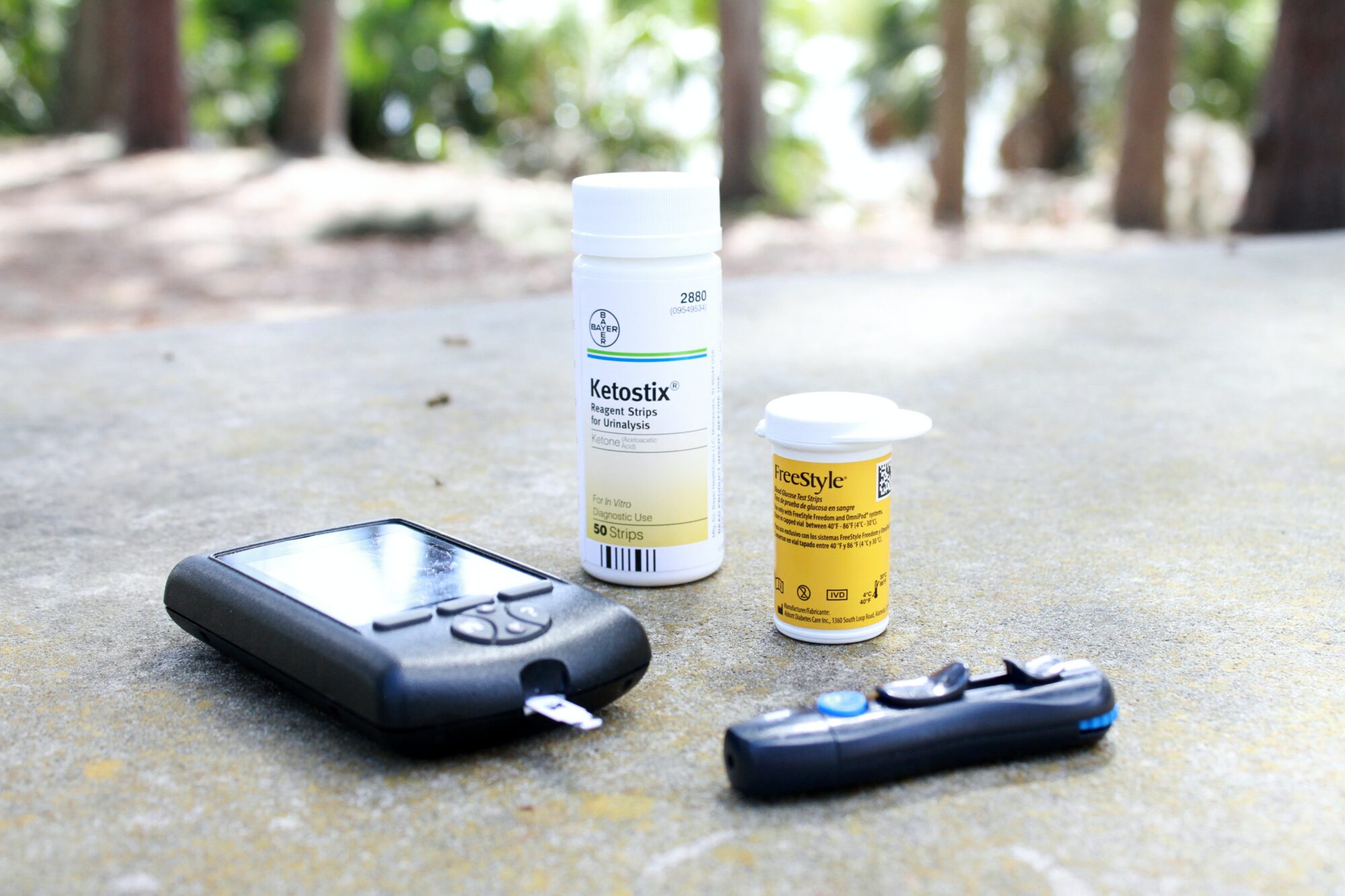
Sugar alcohols are used primarily to reduce the caloric content, and even more so the glycemic impact, of foods and beverages. They’re popular in an array of packaged foods marketed as keto-friendly, but while keto’s popularity might be relatively new, sugar alcohols have been around for decades.
They’ve long been included in products marketed to people with diabetes, because they have less of an impact on blood glucose compared to regular sugar. (But less of an impact doesn’t mean no impact. More on this in a sec.)
Xylitol, erythritol and maltitol are the most commonly used sugar alcohols because their properties are the closest to regular sugar.
Food manufacturers like sugar alcohols because these can make their products look perfectly suitable for keto … even when they’re not. How so? By featuring net carbs on the front of the package. Food labels often highlight the net carbs per serving. Net carbs are calculated by subtracting grams of sugar alcohol and fiber from the total carbohydrate in a product.
This is allowed because it’s assumed that sugar alcohols don’t affect blood sugar and insulin, but we’ll see why this is a problem below. The point is, counting net carbs can make something look like it’s much lower in carbs than it really is.
Glycemic Effects of Sugar Alcohols
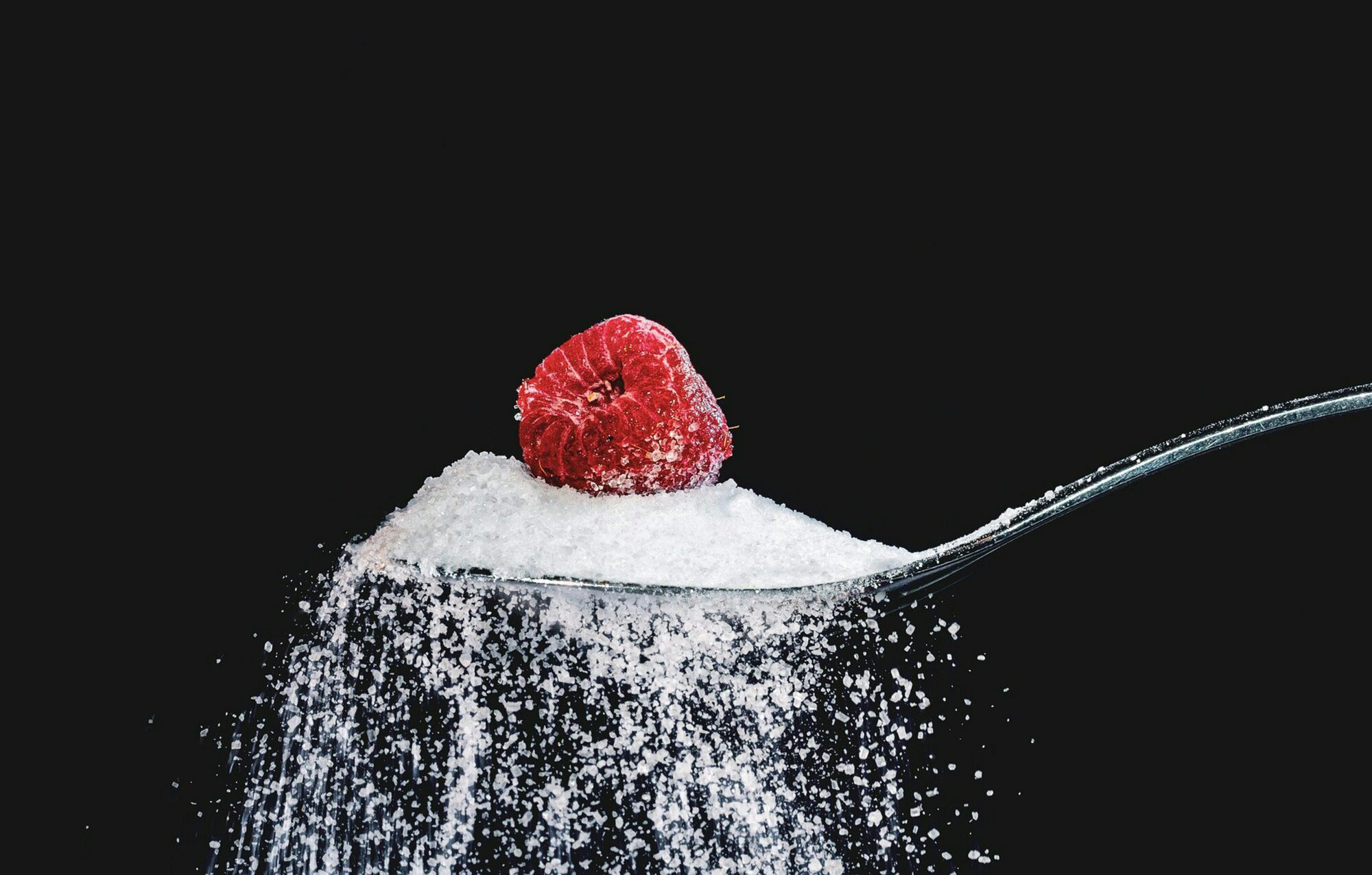
Well-known keto researchers Jeff Volek and Stephen Phinney summed things up succinctly in their book, The Art and Science of Low Carbohydrate Performance: “The different sugar alcohols vary in calorie content, sweetness, absorption, and perhaps most important their impact on blood glucose and insulin.” Maltitol is one of the worst culprits since it has a glycemic index of 36 – over half that of regular sugar. (See the chart below.)
| Sugar Alcohol | Calories per gram | Sweetness | Glycemic Index | Absorption(g/100g) |
| Sucrose (sugar) | 4.0 | 100% | 60 | 100 |
| Erythritol | 0.2 | 70% | 0 | 90 |
| Xylitol | 2.5 | 100% | 13 | 50 |
| Maltitol | 2.7 | 75% | 36 | 40 |
| Isomalt | 2.1 | 55% | 9 | 10 |
| Sorbitol | 2.5 | 60% | 9 | 25 |
| Lactitol | 2.0 | 35% | 6 | 2 |
| Mannitol | 1.5 | 60% | 0 | 25 |
Source: Jeff Volek and Stephen Phinney, The Art and Science of Low Carbohydrate Performance, p.61.
As you can see, all the sugar alcohols have fewer calories per gram than regular sugar does. But we’re not that concerned about counting calories on keto. Most of us are more interested in the impact of foods and beverages on our blood sugar and insulin.
And this is where people can get into trouble with sugar alcohols. It’s long been recognized that the glycemic index is flawed. People’s bodies don’t react the same way to the same inputs. A group of people can consume exactly the same foods and beverages in exactly the same quantities, yet have wildly different blood sugar and insulin responses.
So, just because something has been anointed with a low glycemic index doesn’t mean it’s low glycemic to your body.
In fact, if you’re especially sensitive to the glycemic impact of sugar alcohols, then you might be sabotaging your efforts if foods sweetened with these are a mainstay of your keto diet. (If you have a glucometer or a CGM [continuous glucose monitor], you can test the different sugar alcohols to see how you react to them.)
Beware the GI Effects

Sugar alcohols might be better than regular sugar where blood glucose and insulin are concerned, but they have some drawbacks.
Sugar alcohols are not fully metabolized and absorbed in the small intestine. This means they pass through the GI tract and arrive in the colon, where the colonic bacteria (a.k.a. gut flora) feed on and ferment them. The result of this is gas and bloating. On top of that, sugar alcohols have an osmotic effect, which means they draw water into the colon, causing loose stools.
In fact, the FDA requires that “…foods that contain the sugar alcohols sorbitol or mannitol must include a warning on their label that states ‘excess consumption may have a laxative effect.’” The laxative effect of MCT oil is sometimes referred to as “disaster pants.”
You can expect the same thing if you overdo it on maltitol-sweetened chocolate! This isn’t unique to sugar alcohols in processed foods, though. For example, sorbitol occurs naturally in prunes – this is likely what’s responsible for prunes’ laxative effect.
Erythritol has been shown to cause the least amount of GI distress

And is also the most benign with regard to raising blood sugar. As you can see in the chart, it’s 90% absorbed in the small intestine, so there isn’t much left over to reach the colon. “The majority of erythritol cannot be metabolized by the human body and is excreted unmodified into the urine without changing blood glucose and insulin levels.”
Compare that with mannitol, which “mostly passes through the intestine and is excreted in the feces as the small intestine absorbs it poorly.” The fact that it mostly passes through the intestine explains why it provides so few calories, but it also explains why it causes those unpleasant GI issues.
As is true for so many potentially problematic ingredients, when it comes to sugar alcohols, the quantity matters. Most people can have a small amount and have no problems but exceeding 20 grams a day or so is more likely to cause GI discomfort and have you looking frantically for the nearest bathroom. And it’s easy to exceed that amount if you indulge in a pack of sugar-free chocolates!
If you’re experiencing diarrhea or other unpleasant GI issues on keto and sugar alcohols are a regular part of your diet, consider ditching them for a week or two and see if that sets things straight. (See this article for more on troubleshooting diarrhea or constipation on keto.)
Sugar Alcohols: Pros & Cons
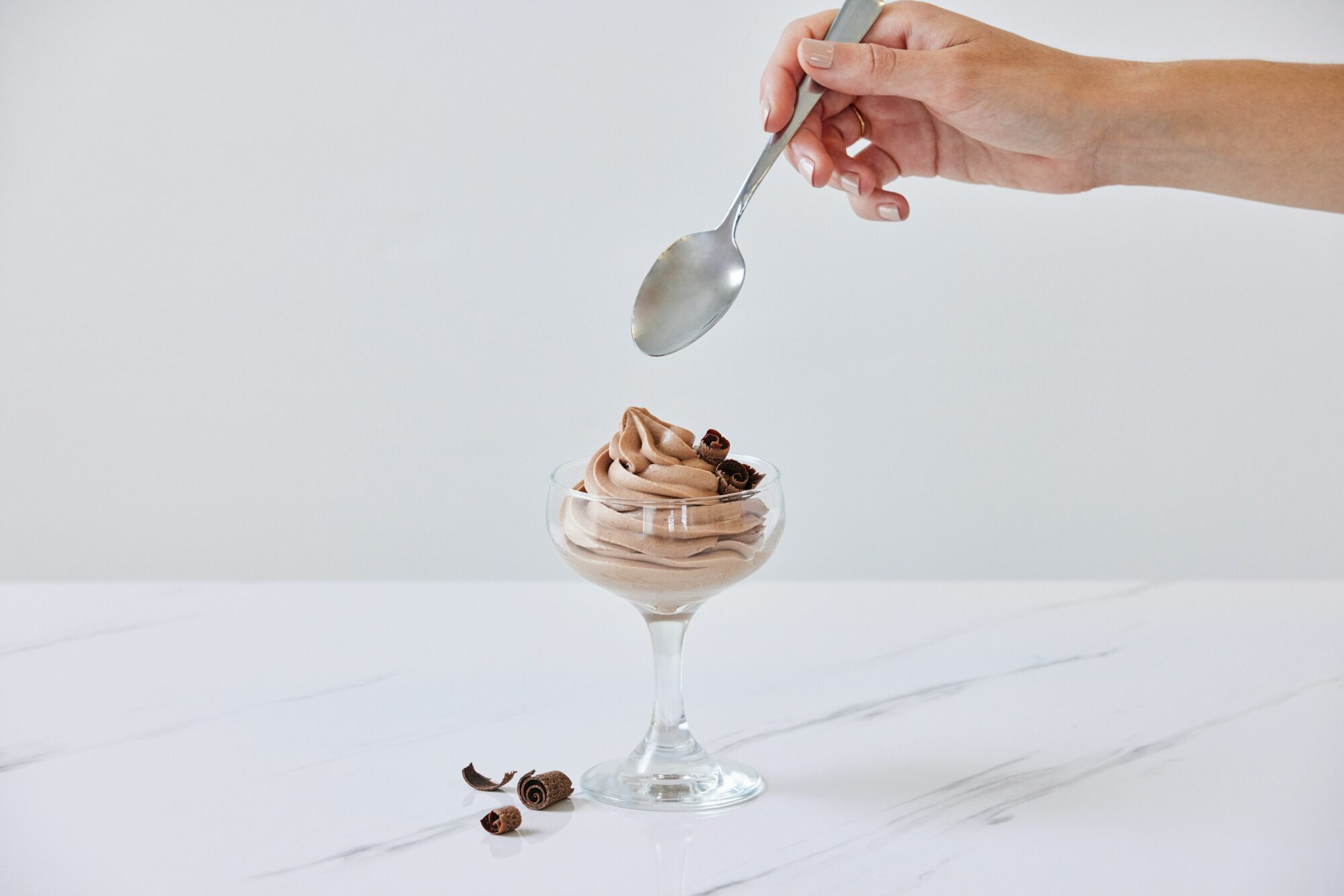
Sugar alcohols have lots of things going for them, but also some drawbacks. They can make keto more enjoyable – which means it’ll be more sustainable for the long term. On the other hand, if keto treats sweetened with sugar alcohols are regular staples in your diet, they can perpetuate sweet cravings and keep you tethered to the need for something sweet.
An occasional treat is fine, but it’s not a great idea to trade a sugar addiction for an erythritol or xylitol addiction. Ideally, a keto diet will help you break your need for sweets altogether.
Another downside (apart from disaster pants) is that subtracting sugar alcohols from the total carbs in an item (in other words, counting net carbs) might lead you to think you have free license to eat an unlimited amount of keto ice cream, keto cereal, and other sugar alcohol-sweetened foods.
We already covered the problem with counting net carbs, but beyond the issue of the carbs, there’s fat. Keto baked goods are often very high in fat, owing to including butter, coconut oil or coconut butter, heavy cream, cream cheese, nut flours and other high-fat ingredients. We love our fat on keto, but overdoing it is a common reason for slow or stalled weight loss.
So what are the positives about sugar alcohols?

They can allow you to enjoy something sweet from time to time without wreaking havoc on your keto diet. Depending on how your blood sugar reacts to various sugar alcohols, you might even be able to include these every day and still get the results you want. Another point in their favor is that they don’t cause dental cavities like regular sugar does.
So, don’t be afraid to use sugar-free gum or mints, whether you want to ward off keto breath or you just enjoy the flavor.
A word of caution: if you’ve got a canine friend at home, be careful if there’s any xylitol around. Xylitol is toxic to dogs.
Summing Up

Are sugar alcohols safe to include in your keto diet? Maybe. Individual sensitivity varies. You might be able to include these and get the results you want, but if you discover that sugar alcohols are raising your blood sugar significantly or increasing your sweet cravings, you’re better off avoiding them altogether or reserving them for an occasional indulgence.
Looking for a low-carb meal that tastes like dessert?
Then check out Keto Chow! Keto Chow is a low-carb shake with 1/3 of your daily recommended nutrients. Plus, it comes in over 25 flavors, so your taste buds won’t hit fatigue.
